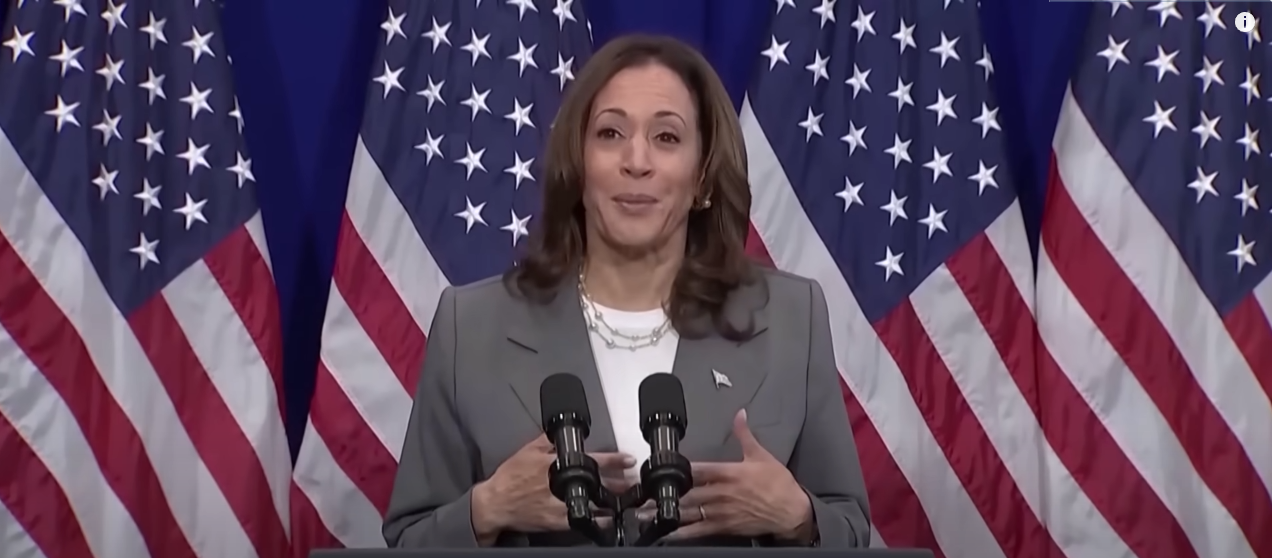Donnie Boston, an Individual of color from Milwaukee, shares her interests about whether America is genuinely prepared to choose a president who seems to be her. As she upholds VP Kamala Harris, the reasonable Vote based candidate, she feels a natural fervor like what she encountered when Barack Obama previously declared his official mission in 2007. Boston’s appearance feature both her expectation and fear about kicking off something new in U.S. official history.
Read More: Barack and Michelle Obama’s Surprising Endorsement: Kamala Harris for President
Donnie Boston, a 50-year-old Democrat and outreach manager at a blood center, admits she has some worries. “Seeing the country come together for Obama was an unexpected and pleasant surprise,” she said. Having recently attended a Kamala Harris rally in suburban Milwaukee, Boston is optimistic that similar support will emerge for Harris.
Kamala Harris’ quick ascent to the highest point of the Popularity based ticket, as most would consider to be normal to be affirmed ahead of schedule one month from now, has set race and orientation at the core of the 2024 official race. This comes when the US keeps on wrestling with the waiting effects of racial isolation and orientation separation.

Maya Rupert, a Democratic strategist and veteran of presidential campaigns, notes, “For any candidate from a marginalized background, the question often becomes: can they win over voters beyond their own community?” She acknowledges that while it’s challenging, it is definitely achievable.
A Money Road Diary survey conducted from July 23 to 25, following President Biden’s exit from the race and his endorsement of Kamala Harris, found that 81% of respondents felt that Harris’s identity as a Black woman of South Asian descent would not influence their decision to support her for president. However, opinions were more mixed regarding the impact of her race and gender on other voters, with only half of those surveyed believing that these aspects of her identity do not affect the majority of Americans.
The survey revealed a tight race between Kamala Harris and Republican candidate Donald Trump, with Trump holding a narrow lead of 2 percentage points in a direct matchup. When independent candidates were included in the survey, Harris edged out with a 1 percentage point lead.
Rupert noted that many Democrats have legitimate concerns about whether white working-class voters in key swing states, who supported Biden, will back Harris. These “blue wall” states Wisconsin, Michigan, and Pennsylvania are notably populated by such voters.
However, Rupert believes Kamala Harris has a strong opportunity to offset any potential loss of support from white men by attracting more women, including white women, to her coalition—a task Biden may not have achieved as effectively. She pointed to the success Democrats saw in the 2022 midterms following the Supreme Court’s decision to overturn Roe v. Wade, which had established a constitutional right to abortion.




Can you be more specific about the content of your article? After reading it, I still have some doubts. Hope you can help me.
Thanks for sharing. I read many of your blog posts, cool, your blog is very good.